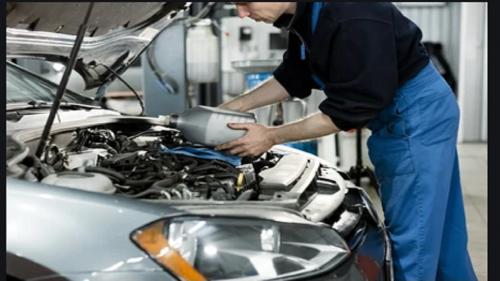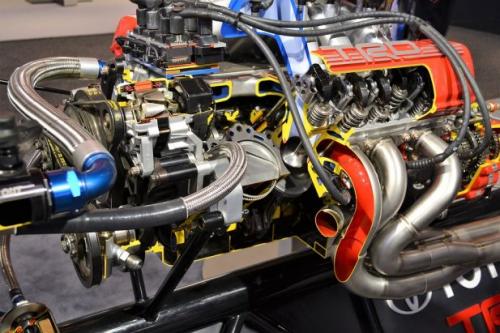Important Things to Know about Lubricants Engine Tests
 Automotive engines create heat and to combat this heat they need lubrication. Enginetests for lubricating oils implemented to ensure that engines are supplied with high-quality lubricants fulfilling this necessity.
Automotive engines create heat and to combat this heat they need lubrication. Enginetests for lubricating oils implemented to ensure that engines are supplied with high-quality lubricants fulfilling this necessity.Doesn’t get simpler than this.
However, to gain an in-depth analysis of how and why these lubricant engine tests work, let’s have a look at some of the important things.
1. Internal combustion engines and the need for lubrication
An internal combustion engine works by employing the energy created from combustion. It creates controlled explosions to propel pistons and move the camshaft. This, in turn, creates a chemical reaction combining oxygen (air), heat, and other fluids used in the engine.
For the continual functioning of the engine, the metal-to-metal contact needs to be relentless. The result? Metal parts in the engine wear out due to friction and heat. Hence, comes high-quality lubricants to the rescue.
These lubricants provide the much-required protection to facilitate a smooth functioning and long-lasting life for the engine.
2. What are lubricant engine tests?
Lubricants engine tests are designed to test the performance of motor engine oils, heavy duty diesel oils, and other fluids. These tests determine ifintended oil can withstand the pressure, heat, in general, rigorous environment while engine is operating.
Most oil companies in the UAE ensure that they adhere to producing high-quality engine oils as per industry standards. However, despite their best efforts sub-standards quality oil or lubricants end up being on the market.
For a consumer, it is difficult to differentiate between the two. Therefore, lubricant engine tests are needed to ensure different additives and formulations work seamlessly.
Different types of lubricants are tested differently. Each test is designed and implemented per the machinery and oils involved.
3. Testing Organizations for lubricant engine tests
There are a couple of international bodies involved along with original equipments manufacturers (OEMs)when it comes to setting the standardization for engine tests;
4. Lubricants Chemio-physical tests
The devil lies in the details. There cannot be a single test for different types of oils. Diesel or Motor oils or any other engine oil need to work in different environments. Customization of these tests is of utmost importance.
Majorly oils are tested for their viscosity. It should be aligned with the standards set by the testing organizations. Besides, different oils are tested at different temperatures.
Engine oil is tested at a high-temperature i.e. 100 degrees while the industrial oil is tested a bit lower at 40 degrees.
Additionally, oils are tested for additional components such as additives. Anything that gets added or deposited with the oil while the engine is functioning needs to be tested for the heat and pressure threshold.
Lubricants are also tested per the environmental conditions. For instance, oils meant for marine machinery use are tested for salt tolerance.
5. Importance of buying tested lubricants
As a consumer, you should always buy tested lubricants. Not all companies go through the pain of conducting high-end engine tests to be able to offer quality lubricants to their customers.
Therefore, you should always buy from reputed oil companies in the UAE to commission the safety and longevity of your engines.

Comments